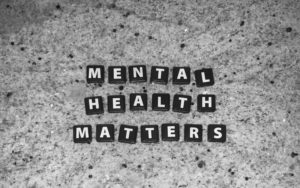Collaborative Approach to Patient Care
In many healthcare settings, physiotherapists work as part of a multidisciplinary team. Integrating mental health education within the physiotherapy curriculum fosters collaboration and communication between different healthcare professionals.
Physiotherapists with an understanding of mental health can effectively collaborate with psychologists, psychiatrists, and other mental health specialists, ensuring a more comprehensive and cohesive approach to patient care.

Reducing Stigma and Promoting Well-being
By incorporating mental health education, physiotherapy programs can contribute to reducing the stigma surrounding mental health issues.
Educating future physiotherapists about mental health fosters empathy, compassion, and a non-judgmental approach when working with patients. It also promotes overall well-being by encouraging self-care practices among physiotherapy students and professionals.
The integration of mental health education within physiotherapy degree programs is crucial for addressing the holistic needs of patients and promoting comprehensive care.
By recognizing the interplay between physical health and mental well-being, physiotherapists can become better equipped to provide patient-centred care, collaborate with mental health specialists, and contribute to reducing the stigma associated with mental health.
It is time to bridge the gap and ensure that mental health receives the attention it deserves within physiotherapy education, benefiting both patients and practitioners alike.






